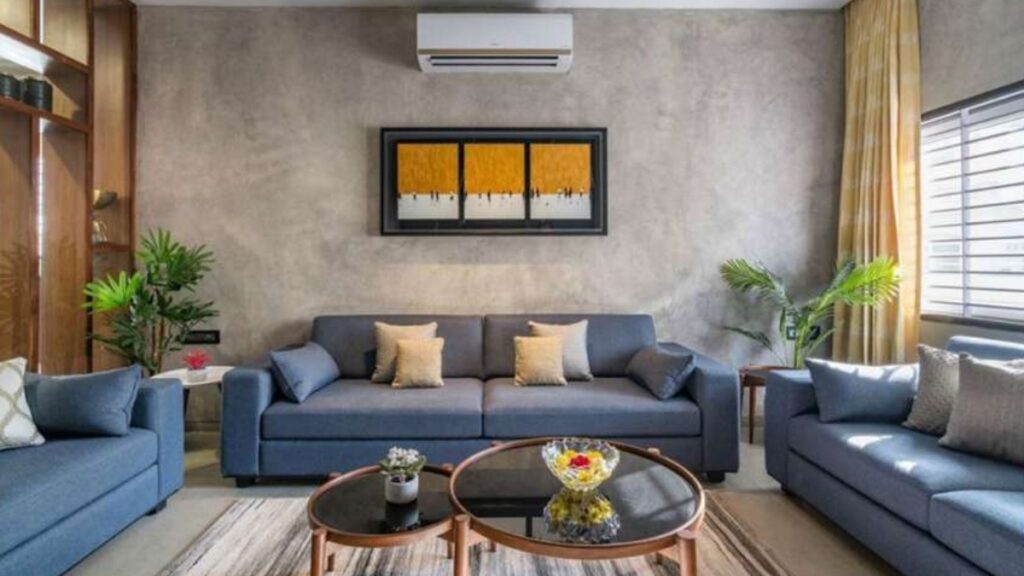Room selection:
Choose the room or rooms where you spend the most time and require cooling. Common choices include living rooms, bedrooms, or home offices. The size of the room will determine the size of the air conditioning unit you need. A larger room will require a larger unit, while a smaller room can be cooled with a smaller unit.
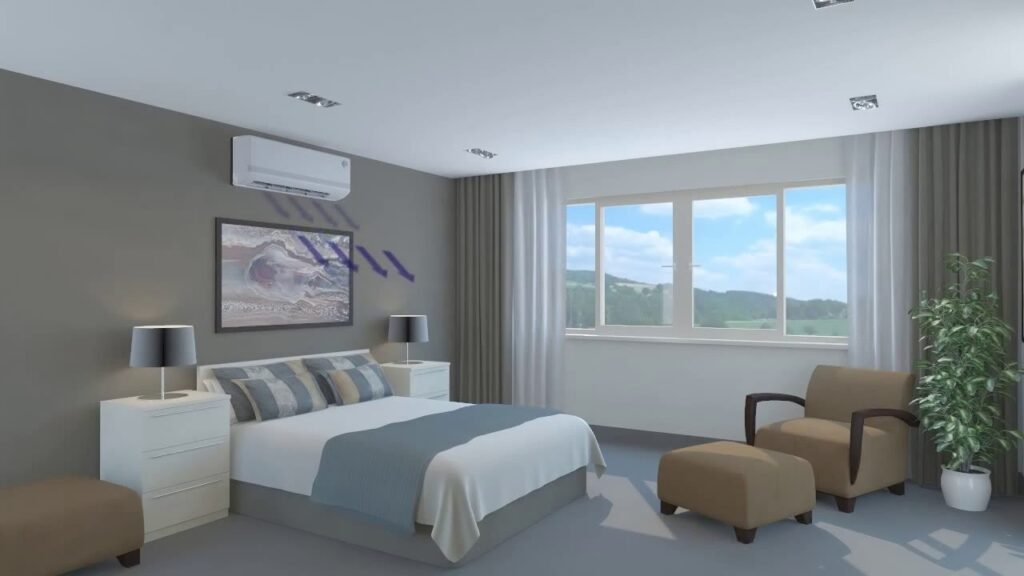
Accessibility:
Ensure that the chosen location allows for easy access to the air conditioner for installation, maintenance, and repairs. Accessibility also includes proximity to electrical outlets.
accessibility is an important factor to consider when choosing a location for an air conditioning unit installation. The unit should be installed in a location that is easy to access for installation, maintenance, and repairs. This means that the unit should be located in a clear area that is not obstructed by furniture or other objects. The unit should also be located near an electrical outlet so that it can be easily plugged in.
Here are some additional tips for ensuring accessibility for air conditioning unit installation, maintenance, and repairs:
- Choose a location that is clear and unobstructed. This will make it easier for the technician to access the unit for installation, maintenance, and repairs.
- Locate the unit near an electrical outlet. This will make it easier to plug in the unit and avoid the need for extension cords.
- Make sure that the unit is installed on a level surface. This will help to prevent the unit from vibrating and making noise.
- Leave enough space around the unit for the technician to work. This will make it easier for the technician to access the unit and avoid damaging the unit or the surrounding area.
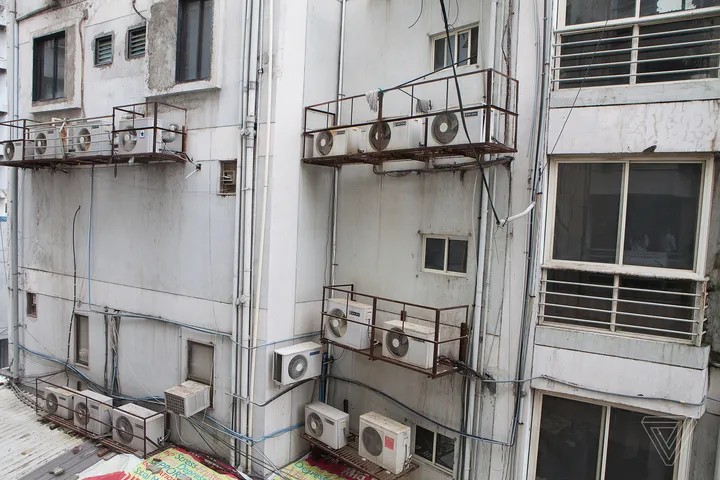
Size and capacity:
The size and capacity of the air conditioner are important factors to consider when choosing an air conditioning unit. The size of the room will determine the size of the air conditioning unit you need. A larger room will require a larger unit, while a smaller room can be cooled with a smaller unit.
The cooling capacity of the air conditioner is measured in BTUs (British thermal units). The higher the BTU rating, the more powerful the air conditioner. A larger room will require a higher BTU rating than a smaller room.
- Measure the square footage of the room you want to cool. This will help you determine the size of the air conditioning unit you need.
- Consider the climate in your area. If you live in a hot climate, you will need a more powerful air conditioning unit than if you live in a cooler climate.
- Think about the number of people who will be using the room. A room with more people will require a more powerful air conditioning unit.
- Consider the amount of sunlight the room receives. Rooms that receive a lot of sunlight will need a more powerful air conditioning unit than rooms that receive less sunlight.
- Consider the type of flooring in the room. Rooms with hard flooring, such as tile or hardwood, will reflect heat more than rooms with soft flooring, such as carpet. This means that rooms with hard flooring will need a more powerful air conditioning unit than rooms with soft flooring.
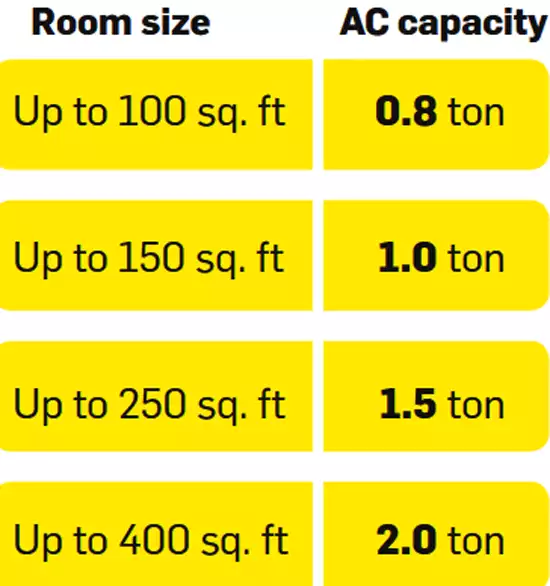
Sun exposure:
Take into account the sun’s path and how it affects the room’s temperature. If possible, install the air conditioner on the side of the house that receives less direct sunlight to minimize heat gain.
Here are some additional tips for choosing a location for an air conditioning unit installation based on the sun’s path:
- Consider the direction of the sun’s rays in the summer. If your home receives a lot of direct sunlight in the summer, you will want to install the air conditioner on the side of the house that receives less sunlight.
- Consider the direction of the sun’s rays in the winter. If your home receives a lot of direct sunlight in the winter, you may want to consider installing the air conditioner on the side of the house that receives more sunlight. This will help to heat up the air conditioner and make it more efficient.
- Consider the location of trees and other obstructions. If there are trees or other obstructions on the side of your house that receives the most sunlight, you may want to consider installing the air conditioner on a different side of the house. This will help to prevent the sun’s rays from being blocked and will help to maximize the efficiency of the air conditioner.
By following these tips, you can choose a location for your air conditioning unit that will minimize heat gain and save energy.
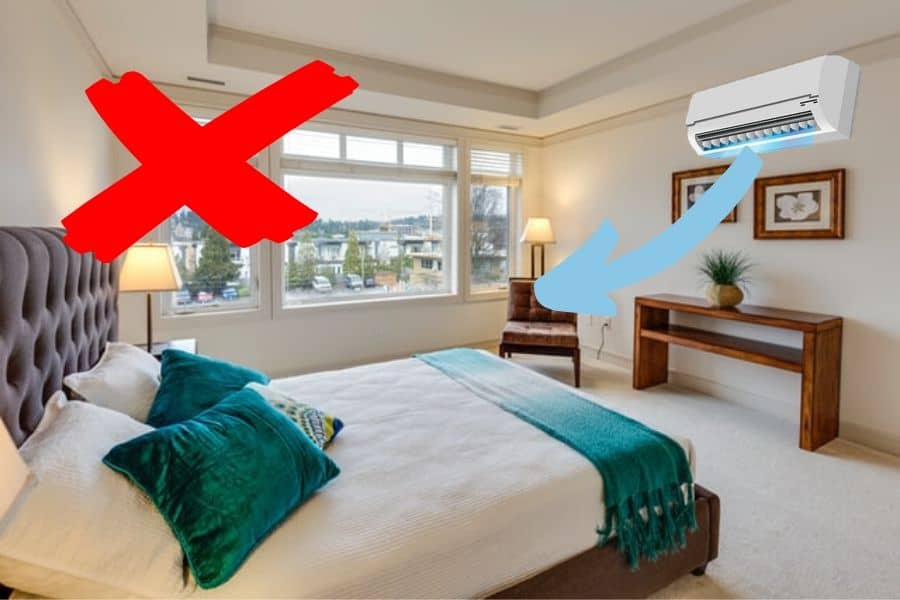
Ventilation:
Ventilation is an important factor to consider when choosing a location for an air conditioning unit. The air conditioner needs proper airflow to operate efficiently. If the air cannot circulate freely, the air conditioner will have to work harder to cool the room, which will increase your energy costs.
Here are some additional tips for choosing a location for an air conditioning unit based on ventilation:
- Avoid placing the air conditioner near walls or other obstructions. This will help to ensure that the air can circulate freely around the unit.
- Do not place the air conditioner in a corner. This will also restrict airflow and make the air conditioner less efficient.
- Place the air conditioner near a window or doorway. This will help to bring in fresh air and exhaust the hot air from the unit.
- Make sure that the air conditioner is installed on a level surface. This will help to prevent the unit from vibrating and making noise.
By following these tips, you can choose a location for your air conditioning unit that will ensure proper airflow and efficient operation.

Noise level:
Air conditioners can generate noise during operation. If noise is a concern, consider installing the unit away from areas where it may cause disturbances, such as bedrooms or quiet spaces.

Structural considerations:
Here are some additional tips for choosing a location for an air conditioning unit installation based on structural considerations:
- Check the weight capacity of the wall or window. The air conditioning unit must be installed on a wall or window that can support the weight of the unit.
- Make sure that the wall or window is structurally sound. The wall or window must be able to withstand the vibration of the air conditioning unit.
- If you are unsure of the structural integrity of the wall or window, you should consult with a structural engineer. They can help you determine if the wall or window is strong enough to support the weight of the air conditioning unit.
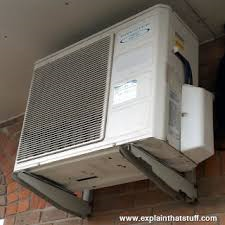
Aesthetics:
If the appearance of the air conditioner is a concern, choose a location that is less visible from both the interior and exterior of the house.
Cost considerations:
Keep in mind that installing an air conditioner may require modifications to the electrical system or additional ductwork. Consider these potential costs when selecting the installation location.

It’s important to note that the installation of an air conditioner often requires professional expertise. Consult with an HVAC specialist or technician who can assess your specific needs and guide you on the best location for your air conditioner based on your house’s layout and cooling requirements.
